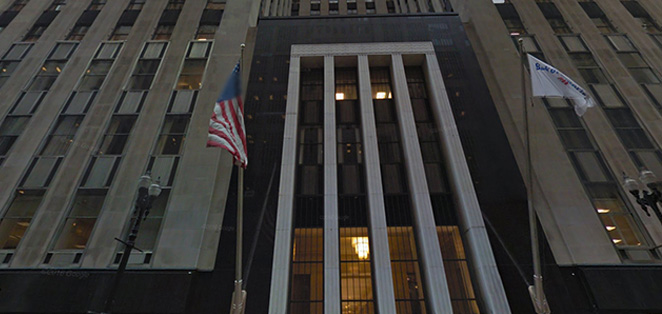Streit v. Metropolitan Casualty Insurance Company 2017 U.S. App. LEXIS 12750 *; 863 F.3d 770; 2017 WL 3015844 (7th Cir. 2017)
The Seventh Circuit Court of Appeals was presented with perhaps an atypical set of facts: Did the Streits’ insurer, Metropolitan, properly deny coverage for an intentional fire set by the insured’s son, who resided in the household and although not a name insured, was covered by the policy. Importantly, the parents were not aware of the son’s actions.
Facts
Metropolitan Casualty Insurance Company issued a homeowner's insurance policy to Wesley Streit. The policy insured the Streits' home against risk of fire damage but contained an exclusion for losses arising from intentional actions by the policyholders. Wesley Streit’s son, Wesley, Jr., committed an intentional act setting fire to his parents’ home. While not a named insured, Wesley, Jr. resided in the household and was covered by the policy, including the exclusion arising from intentional acts. When the Streits’ submitted their claim arising from the loss sustained in the fire, Metropolitan denied the claim.
Thereafter the Streits’ retained counsel and filed suit, claiming that the policy exclusion conflicted with the Illinois Standard Fire Policy. The Illinois Standard Fire Policy is a statutory creation and represents a standard baseline policy, which inter alia, insures ‘against all direct loss by fire’ with certain exclusions not material to the issues. The Standard Fire Policy further provided that coverage would be suspended in certain circumstances, including ‘when the hazard is increased by any means within the control or knowledge of the insured’.
The District Court granted Summary Judgment to the Streits agreeing that the Metropolitan exclusion failed to conform to the Illinois Standard Policy. Although the judge further held that a question of fact remained as to whether the Streits’ participated in or directed their son’s arson, the parties stipulated the parents were not involved and thereafter the Court entered judgment in favor of the Streits in the sum of $235,000. Metropolitan appealed from this ruling.
Analysis
The Seventh Circuit focusing on the conflict between the provisions of the Illinois Standard Policy and the Metropolitan policy recognized that in the event of a conflict between the insurer’s policy and the Standard Policy, the Standard Policy controls. The Court found support for this interpretation by noting the authority of the Director of Insurance ‘to effect uniformity’ among fire insurance policies and to ensure there be concurrency of contract’.
The Court held that the coverage provided by the Metropolitan policy failed to conform to the Standard Policy. The Metropolitan policy was overbroad by excluding coverage even to those insured parties who were innocent of any wrongdoing. Such broad language conflicted with the Standard Policy which only suspends coverage when the hazard was increased by any means within the control or knowledge of the insured.
The Court further noted that although the Standard Policy does not define ‘insured’ its analysis was supported by many other states which have interpreted identical language. The term ‘insured’ refers to a specific insured who is 1) responsible for causing the loss and 2) seeking to recover under the policy. Accordingly, if one insured party commits an intentional harm (here Streits’ son) but another insured party is innocent of any wrongdoing (the Streit parents) then the coverage is suspended only as to the insured who caused the loss. Therefore, the Streits as innocent insureds can still recover for the loss.
The Court further held its interpretation of the Standard Policy does not allow an insured to recover damages caused by his own wrongful acts. Therefore, Metropolitan’s public policy argument was rejected.

